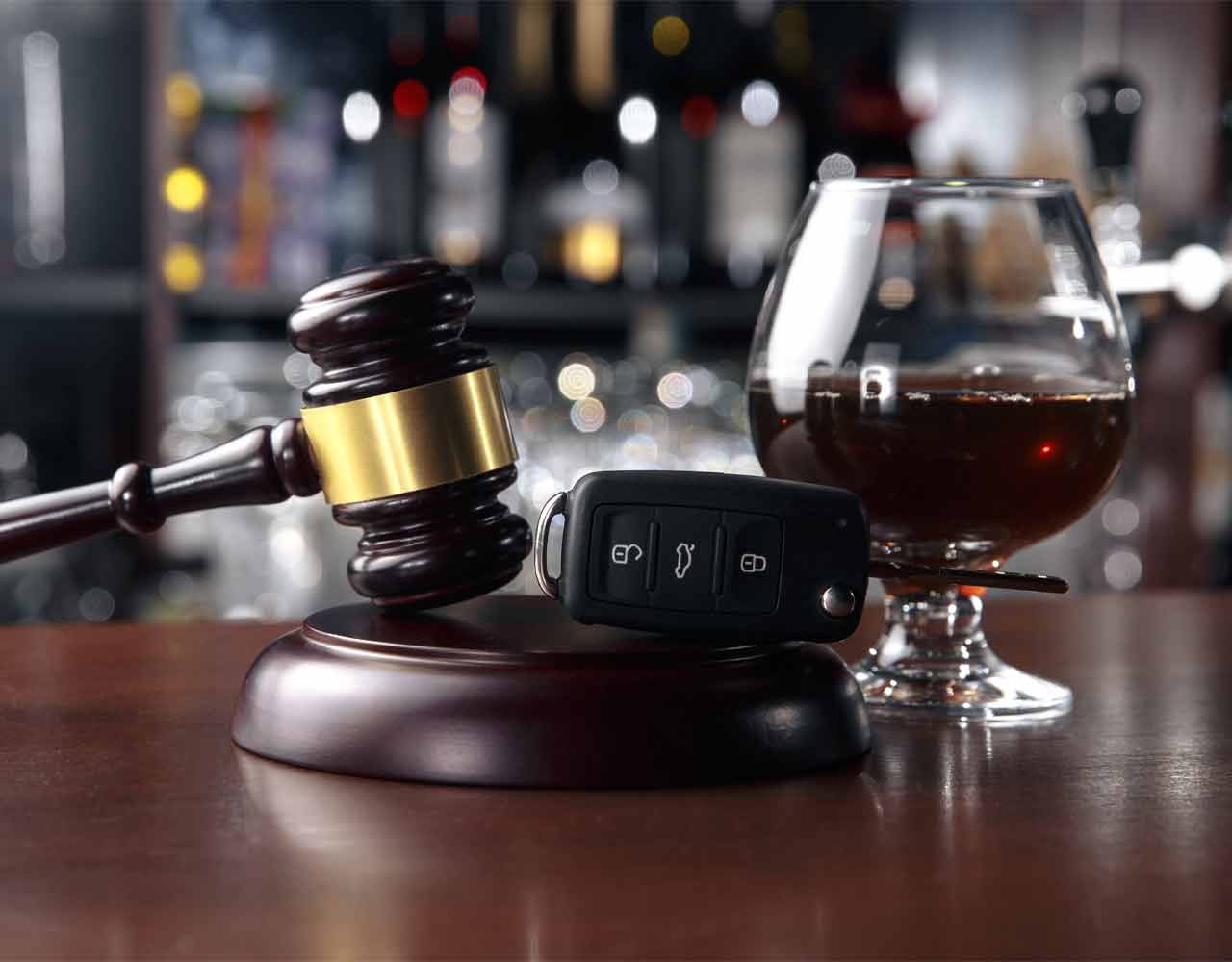Understanding Child Custody Arrangements
December 24, 2022When it comes to child custody arrangements, there are a few different things you need to know. These include what type of custody you have, what you can and can’t do, and what the legal ramifications are. There are several different types of custody, including full custody, shared residential and legal custody, and sole custody. All of these are important to understand, so you can make the right choices for your family.
Joint Physical Custody
Joint physical custody is a type of child custody arrangement wherein a child spends a substantial amount of time with both parents. This can have some benefits for children.
The best way to make joint physical custody work is to develop an appropriate parenting schedule. This should take into account each child’s needs.
Children often need consistency in their daily routines and may have a difficult time transitioning from one home to the next. In these situations, a parenting time schedule that alternates nights in each household can ease the transition and keep both parents on the same page.
When determining which type of physical custody is right for you, you should consult with a lawyer to learn more. You should also consider how much time you can afford to spend with your child.
A good rule of thumb is that if you live close to your partner, you can easily alternate weeks and months with your child. This can allow you to have midweek visits, extended weekend breaks, and longer holiday breaks.
Another important benefit of joint physical custody is that it will alleviate the burdens of single parenthood. You can share the burden of day to day care, transportation, and other routines that have to be handled by each parent.
If you and your partner have a hard time navigating a parenting plan that takes into consideration both of your work schedules, joint physical custody is a viable option. There are many tools available that can help you design a schedule that meets your needs.
One of the most significant advantages of joint physical custody is that it guarantees meaningful contact with both parents. However, it is not always the best option. It may be less beneficial for older kids, and there is no set amount of time that should be shared between each parent.
Sole Custody
Sole custody is when one parent is given full control over the child’s upbringing. A court may also grant the other parent visitation rights.
While it may seem like a good idea, sole physical custody is not always the best arrangement for a child. This type of arrangement can negatively impact a child’s health.
If you are considering sole custody, make sure to consult a lawyer. The court will want to see that your case is solid before making a decision. You should also make sure you understand all of your options, including joint custody and legal custody.
In most cases, the court will award joint physical custody and legal custody to both parents. However, in some situations, the court might prefer to award sole physical custody.
In some cases, the court will make a judgment based on the totality of circumstances. That means that it will consider your child’s age, as well as your own. They will also look at material factors such as your child’s wishes compared to your own.
The court will probably order supervised visits, if possible. One of the most important aspects of the court’s decision is to ensure that your child’s best interests are protected.
There are many other factors that a judge will consider. For example, the court might be more likely to award joint custody if the child has a strong bond with both parents.
Lastly, the court may award sole custody if it determines that your situation is particularly unusual. Some examples of this are if your child has a mental health issue or if you are a drug addict.
Overall, the court is more likely to award joint custody if it believes that the parents can work out an agreement that is acceptable to both parties. It is rare for the court to award sole custody, though.
Full Custody
When a court decides on custody arrangements, it looks at several factors, including the best interest of the child. Some of these include the parents’ fitness and stability, and the ability of each parent to care for the child. It also considers the family’s lifestyle and any history of abuse or domestic violence.
Many courts prefer joint custody over sole custody. In a joint arrangement, children live between both parents’ homes. This can work out to be a relatively equal amount of time spent with each parent.
However, it is not always possible for both parents to get along. If this is the case, a court might award sole physical custody. The other parent will then receive visitation rights.
In addition, the court may require supervised visits, or may issue a warrant for the arrest of the other parent. An attorney can help you with this process.
Most states use the “best interests of the child” standard. However, this standard does not take into consideration the parents’ gender, race, or religion. A court will also look at each parent’s existing bonds with the child.
Parents can make a petition to change the custody arrangement if they believe it is in the child’s best interest. To do this, they must show a significant change in the situation since the previous order.
Parents can also ask for shared custody. This is a more complicated option, and one that can involve a larger time split between the two parents.
For instance, the primary parent might be allowed to stay with the child during school vacations, while the other parent takes the child to his or her home for the remainder of the year. Overnights can also be included in these schedules.
Shared Residential and Legal Custody

Shared residential and legal child custody arrangements allow both parents to be involved in raising their children. However, they are not always a good option for parents who don’t get along.
This type of arrangement works best when both parents have a stable home and can work together to form a mutual parenting plan. Children usually spend most of their time with the custodial parent. But they may alternate weeks with the other parent.
Some states require both parents to meet in mediation whenever there is a dispute over child custody. Parents can also file for a change in custody, though they must prove that the change is in their child’s best interests.
The court considers many factors when deciding how to split custody. These include the wishes of the child, the current arrangement, the parents’ ability to care for the child, the safety of the child, the child’s needs and the parents’ involvement in the child’s life.
Parents can share physical and legal child custody by creating a special agreement. If they don’t have the finances to hire an attorney, they can go through mediation. An attorney will interview the child and make arguments for the child’s best interests.
When it comes to parenting, parents should have realistic expectations and communicate effectively. If there are frequent transitions between parents, the result could be a lot of conflict.
Child custody can also affect child support. Child support is largely determined by the incomes of the parents.
Parents can have regular contact with their children by phone or visitation. Some states also require transportation costs.
Courts also look closely at joint custody agreements. If there are a lot of problems, the court may order an alternative custody arrangement.
Remarriage Changes Visitation Schedule
When the parents of a child have divorced, the court creates a visitation schedule for the children. This schedule remains in effect until a petition for modification is filed with the court. The court uses the schedule as a guideline to avoid conflict between the parents.
There are numerous factors to consider when a court decides to modify the existing visitation schedule. First, it’s important to know what the “material” change in circumstances is. A material change is a major, permanent change that affects the wellbeing of the child.
Depending on the circumstances, the change may be positive or negative. It could be the move to a new state, the relocation of a parent, or a more permanent change such as a child’s recent diagnosis of a medical condition.
Another reason the court might modify a custody arrangement is if the new spouse is abusive, neglectful, or favoritistic. If the remarriage is the result of a divorce, the former spouse is still required to pay child support.
Another reason to consult a Miami divorce attorney is if you’re considering remarrying. You don’t want to be in a position to lose your child support rights, your visitation rights, or your legal rights.
A remarriage is a big change for the children involved. Some of the children may be reluctant to spend time with the new spouse. Others might refuse to live in the new home. Regardless of the case, it’s important to communicate with the children about the remarriage and the new family. Providing reassurance to the kids can go a long way toward a successful remarriage.
For the most part, remarriage is a positive development in the lives of the child and the parents. However, it can lead to a lot of contention among the children, and the court has to weigh the benefits and drawbacks of remarriage.
















